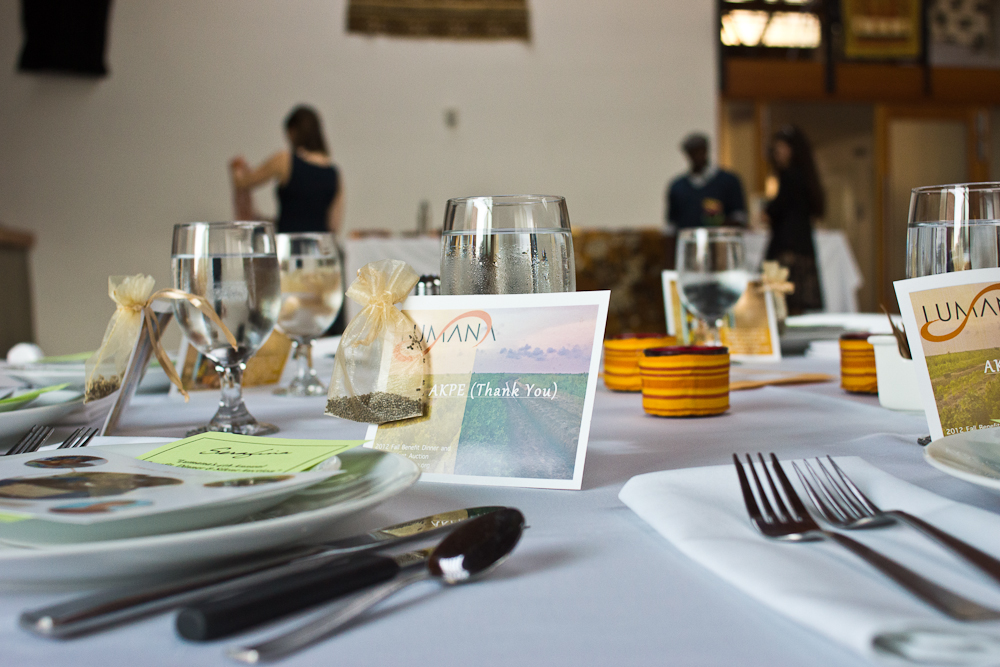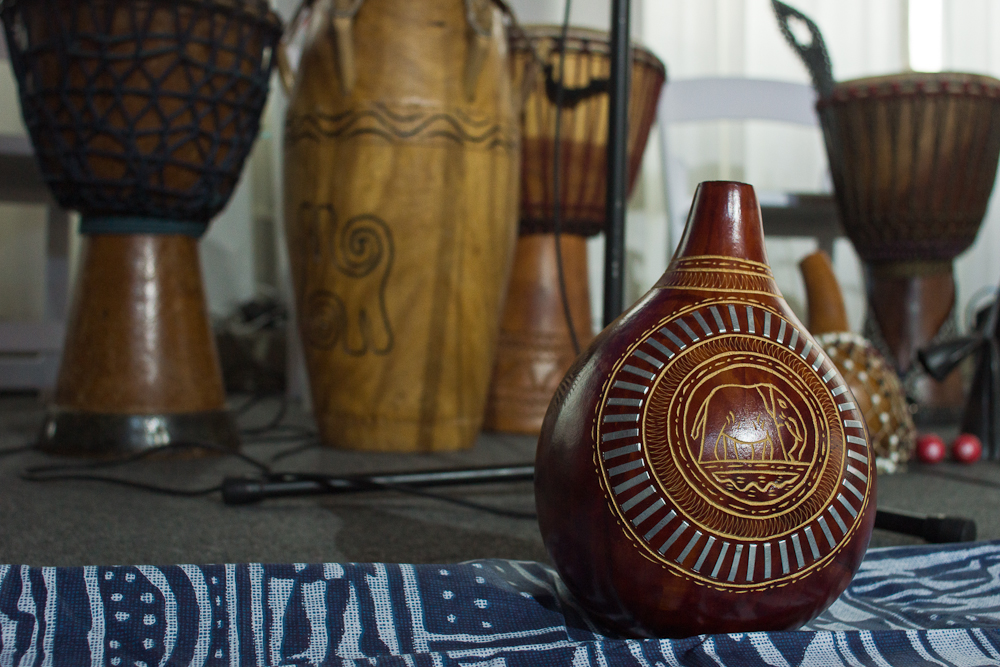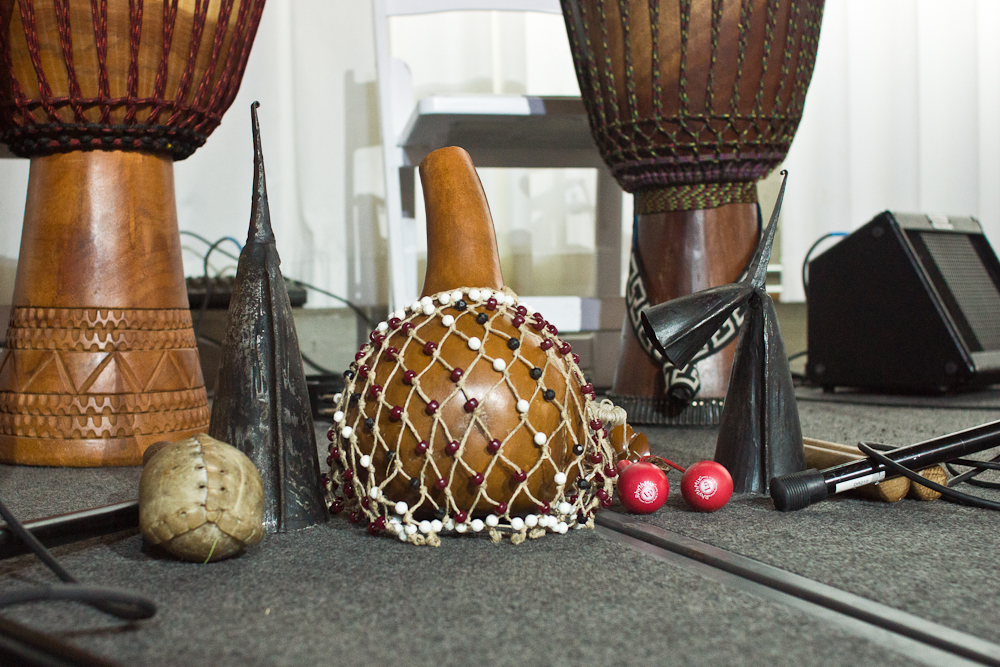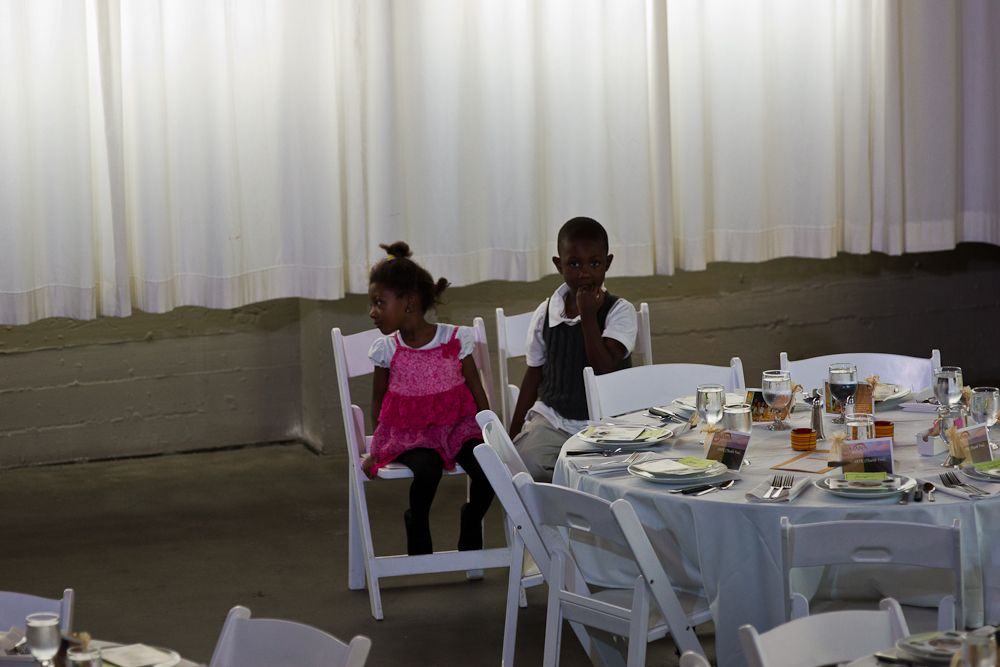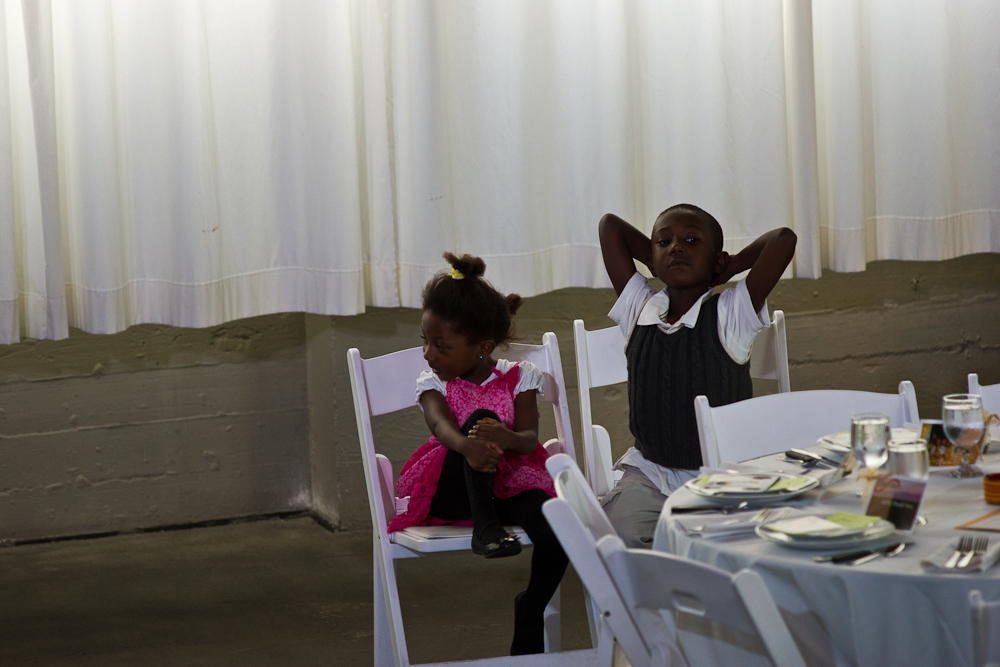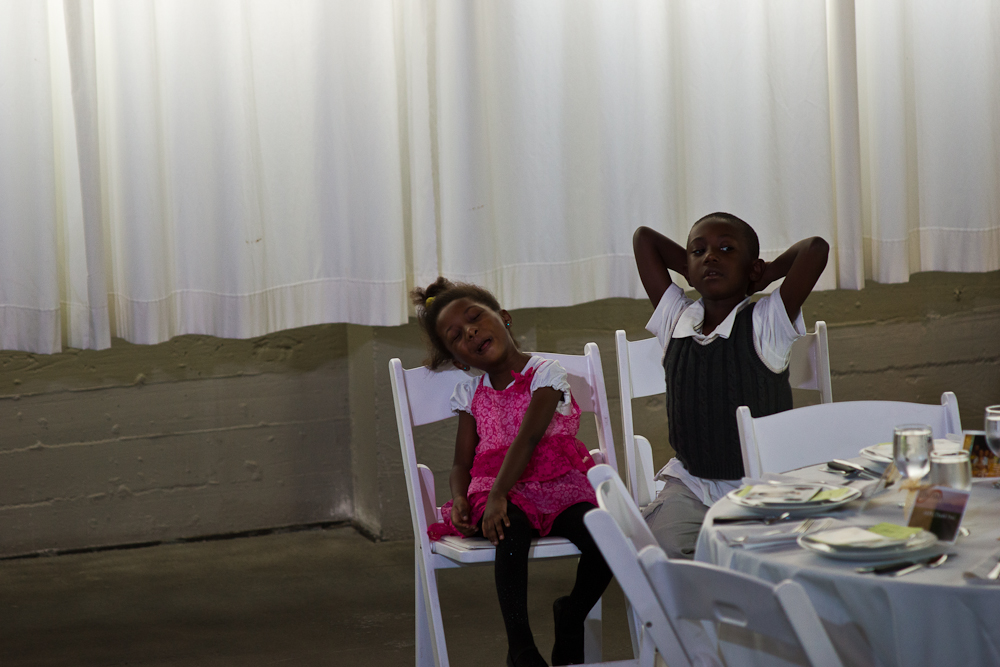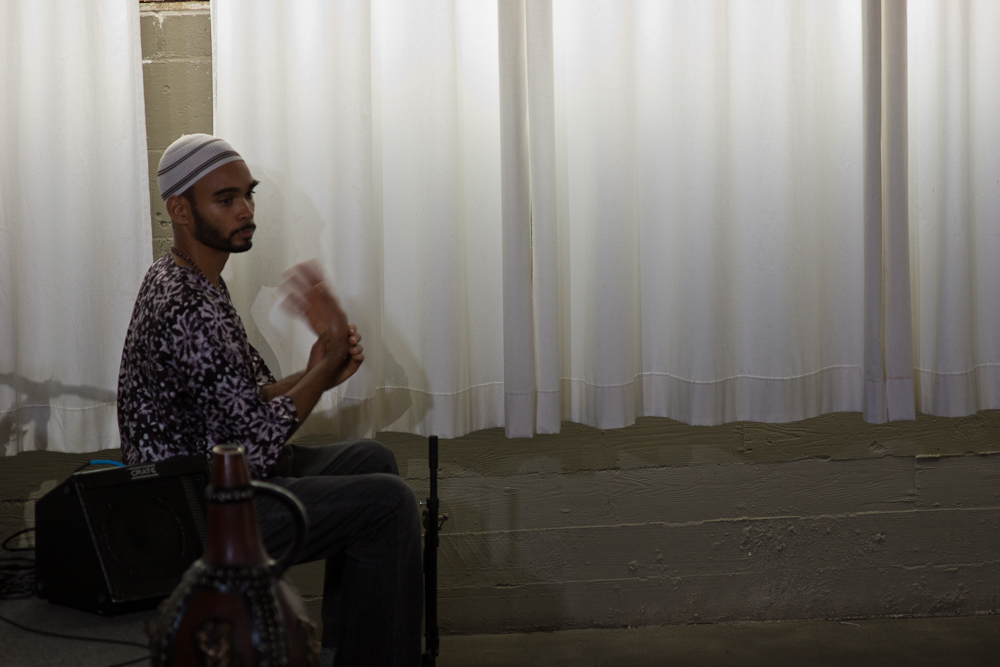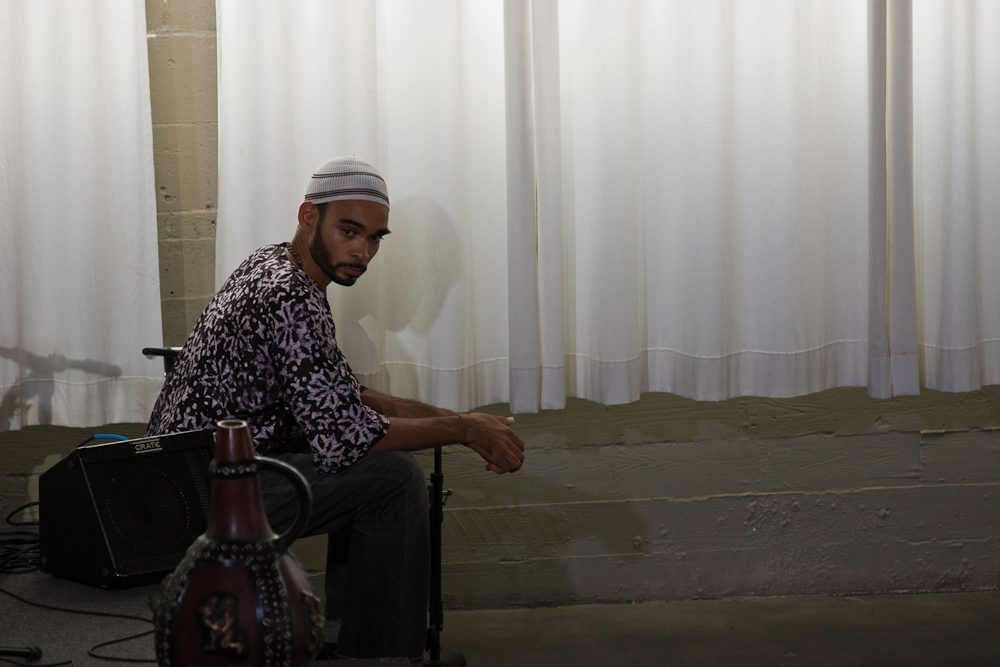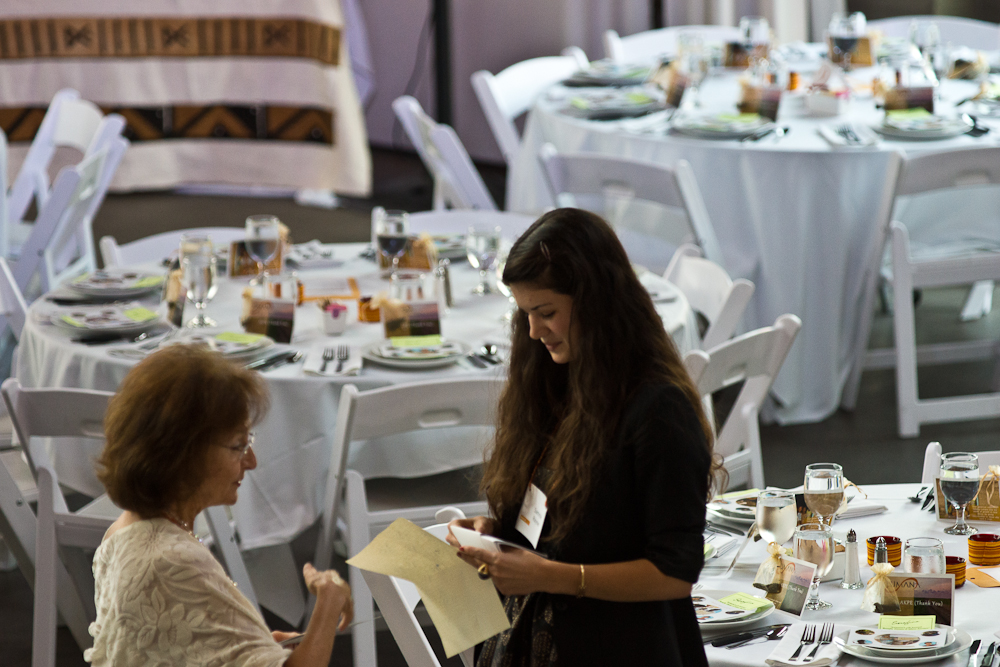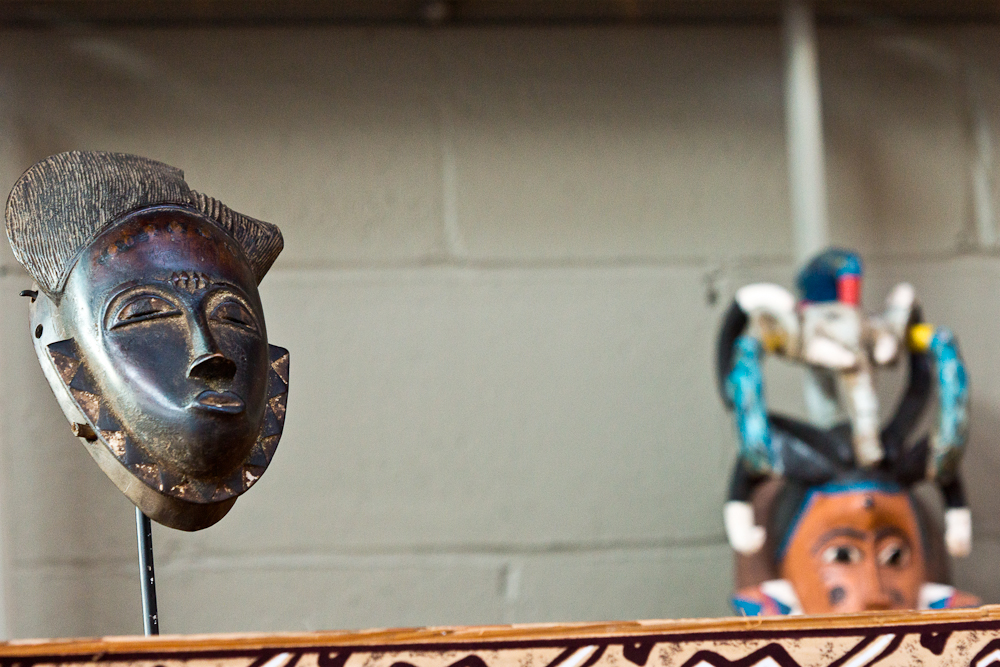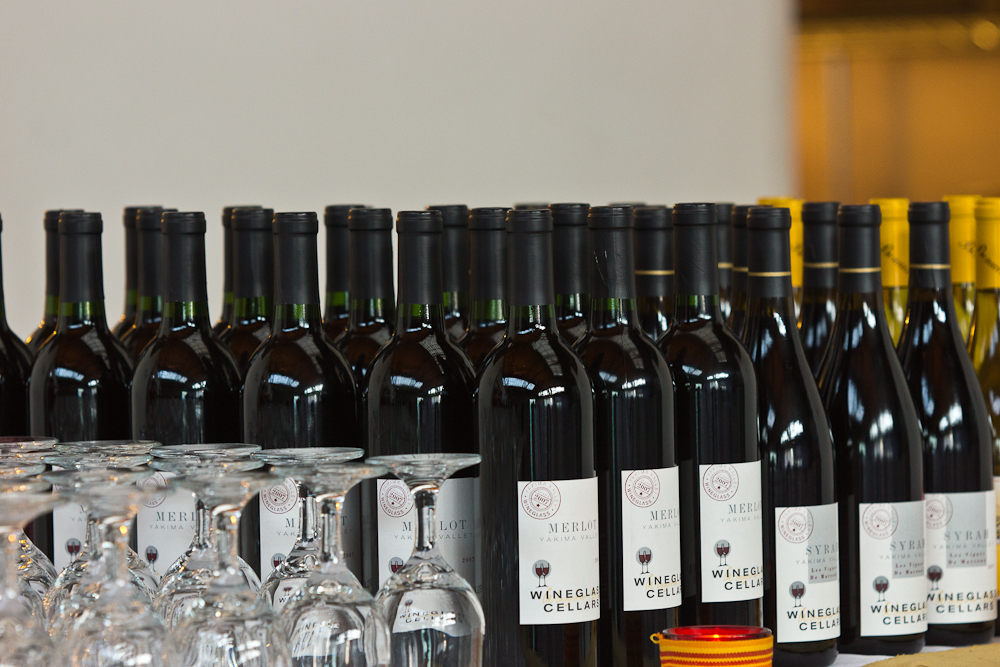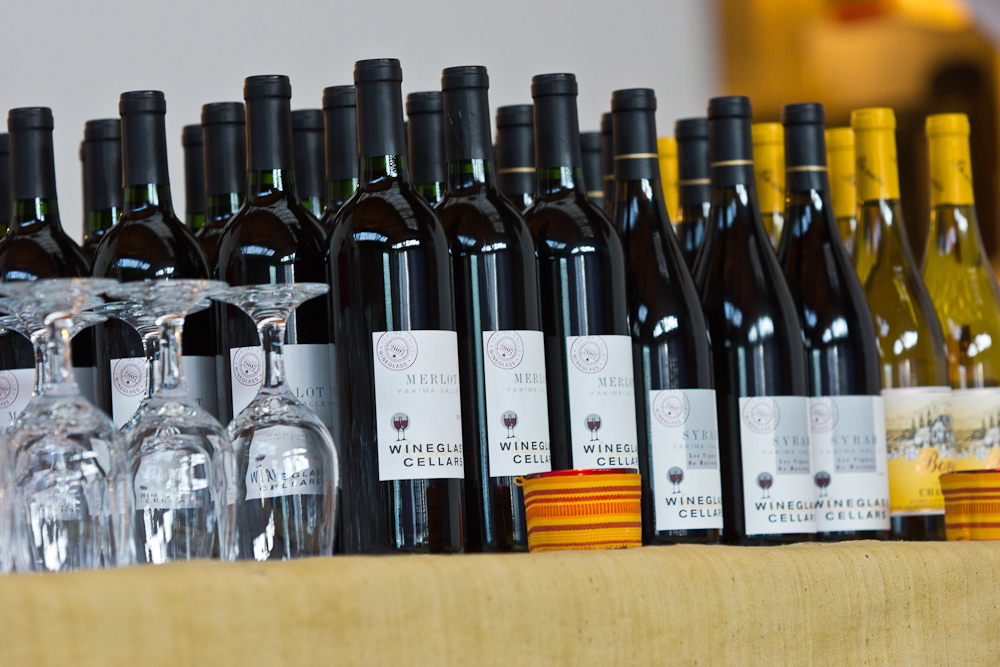It s a shame I've been sitting on this book for about two years now. A friend of mine gave me Never Eat Alone , by Keith Ferrazzi a couple years ago (thanks Rey), and it s been on my bookcase ever since. It was resting there not because I didn't want to read it, but because I already had so many others in the pipeline. I finally got around to reading it last month and I definitely recommend it. In very simple terms, Ferrazzi explains why networking is important and how to do it. From how to make call lists to planning dinners to personal branding to goal setting, it s all here. He also maintains a valuable blog .
Inevitably there will be times when you have setbacks or things don t go your way. Maybe you didn't get a job you thought you were sure to get. Maybe you lost a job unexpectedly, didn't win a contract, or lost a major client. Your car always seems to break down right after you've had some other unexpected expense. These kinds of situations immediately place us in crisis. They don t feel good, but sometimes they re what we need in order to grow. The beautiful thing about crises is that they force us to take a step back and reevaluate what s going on in our lives and rediscover what we truly want and need. When we get over that initial shock and feeling of disappointment, we might realize that maybe that job wasn't really the best for us anyway. Maybe, just maybe, that wasn't what you really wanted to spend your life doing. Maybe that friend was holding you back instead of pushing you forward. The way I deal with crises of these sorts is simple: If something doesn't go my way professionally, I try to create a situation that would be more rewarding than the situation originally planned. A while ago, I was offered a job that looked very promising. After I accepted the offer, they pushed the start date back three times, later informing me (via e-mail) that they wanted to bring me on in the near future but I should feel free to explore other options. I was extremely disappointed. I felt disrespected and angry, but decided to make the best of the situation and follow my dream of working internationally. I then flew to Santiago, Chile and had great professional and personal experiences I wouldn't have had otherwise. Later, reflecting back on the original opportunity, I realized that working for a company that avoids a start date three times and then can t pick up the phone to explain the situation is probably not where I need to spend my time. Use setbacks as an opportunity to put your goals in order and act on them. In the moment, it s difficult to look at a setback as temporary, but they are. They happen to everybody. It s how you respond to them that will determine how they affect you.
Organizations can become highly functional or dysfunctional for any number of reasons. When highly functional, organizations are capable of beautiful things, both in what they contribute outside their firm and the atmosphere they create within. When highly dysfunctional they can be extremely toxic to everyone involved.
In both cases the effects extend far beyond the intended "audiences." These effects are not only business-related, but affect society at large. For example when a team works well they may develop a product or service that empowers somebody to do their job better and more effectively, but happier people are also more likely to make better decisions, think more clearly, and be more creative in their solutions. A toxic environment is one in which it becomes much more difficult for people to behave in productive ways. Toxic environments produce situations where there is a lack of trust, people feel as though they must fend for themselves, and a shared mission all but ceases to exist. Which workplace would you prefer the coach of your child’s little league team spend the majority of their waking hours?
In what ways can we create and foster business environments that are suitable for human beings? How can we encourage us to think within organizations about how to look at the way we impact society? We say things like, “think globally, act locally” but what does that really mean when we still throw around terms like “externalities?” We have business coaches, consultants, and trainers. Is it time to seriously consider business therapists?
Tonight proved that anything is possible given the right vision and a good group of people. Three weeks ago, I met co-founder and executive director of Lumana Sammie Rayner at the Next50 and Startup Washington launch party. I was initially intrigued by their ambitious mission—empower a village with the tools to eradicate poverty. Normally when I hear about a group of people engaged in development work, specifically international development work, there is a sense of superiority or sense that the work they are doing is charitable. Sammie and Cole Hoover, co-founder and director of programs, approached this a little differently. Rather than provide a prepackaged “solution,” they work with their clients in Africa to develop sustainable solutions from within communities. In doing so, they have built an organization based in respect and trust. This is made very apparent by the entire community involved.
Lumana runs microfinance programs in Ghana and West Africa. But as they reiterated a few times tonight, microfinance is not enough. Providing the funding for various business projects is just part of a solution to a complex set of issues. They also leverage local partnerships and technologies to ensure that people truly benefit from the loans they receive. As Cole said, “Last year, we stated that our theme was learning from our clients. This is a never ending theme and continues to drive our day-to-day activities.”
Tonight was Lumana’s 4th annual fall benefit dinner and silent auction. In attendance were people from Ghana and the greater Seattle area including several familiar faces from the Hub Seattle and Bainbridge Graduate Institute. I spoke with several people tonight. Most had direct ties with Sammie and/or Cole. Some were fellows. Some supporters. Some recipients of loans. Some African and U.S. entrepreneurs. But, regardless of who they were, they all attended to show their support because of the great work the people of Lumana are doing. To learn more check out their website and find them on Facebook and Twitter.
Check out some of the photos below. Videos will be coming soon. For more pictures, visit the Menrva Labs Facebook page.

